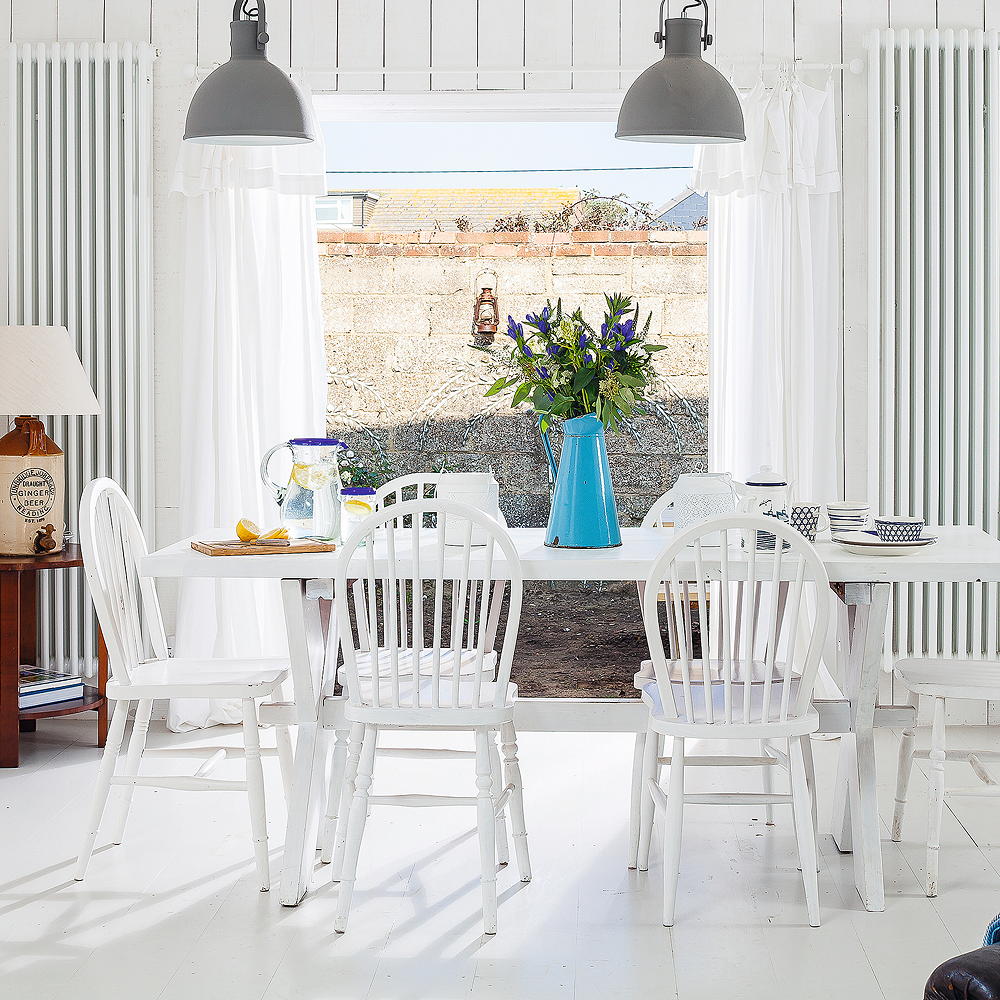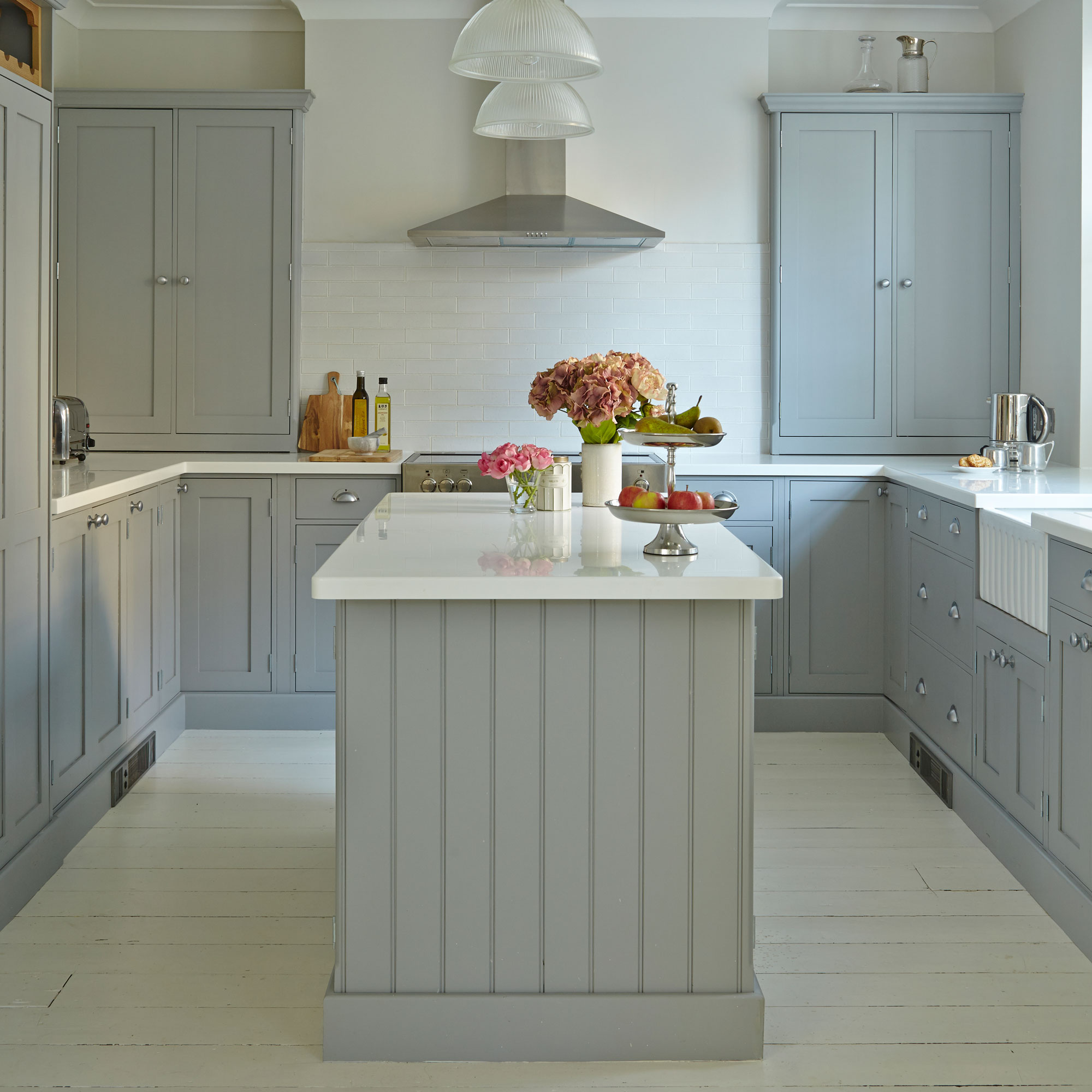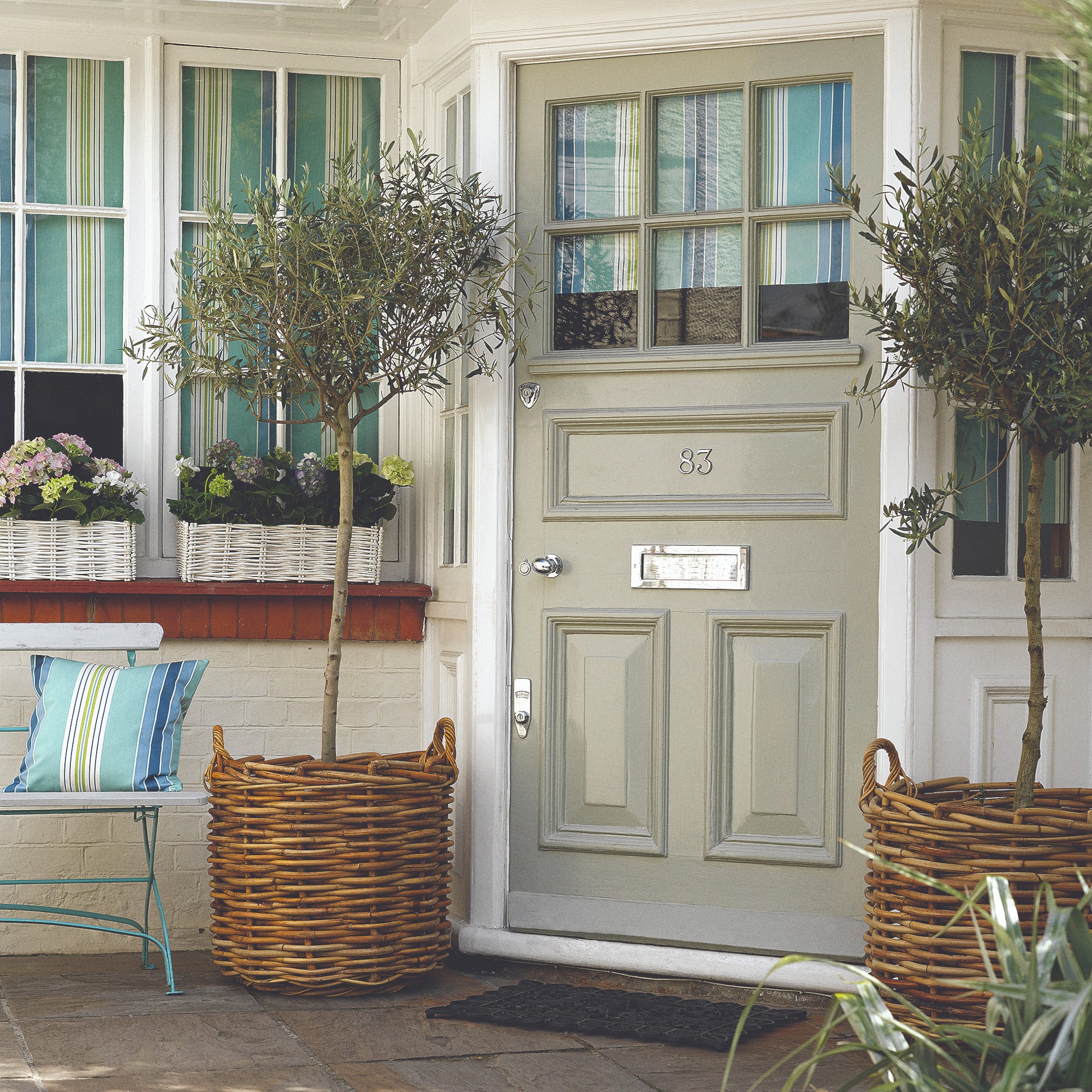This is the perfect temperature to set your heating at and keep EVERYONE happy
You'll be cosy... and whoever pays the energy bill won't complain!
Keeping your heating bills low is a hard ask, especially during winter. So it's a discussion that can bring some family members and flatmates to boiling point; what temperature should we leave the heating on? But now the arguments can be put to one side.
Related: Martin Lewis reveals his secret for saving money on the winter heating bills
That's because one company believes it's discovered the perfect temperature to have throughout our homes as we keep warm this winter.

As Christmas approaches, it’s natural to keep a closer eye than usual on the purse strings, particularly for things like heating bills. And according to heating experts Boiler Plan, we should all be keeping our homes at 19 degrees C to have a warm home at a low price.
But can you really keep your home permanently warm at this temperature if it really begins to freeze outside?
Well, according to Boiler Plan, you can. They breakdown their top 5 tips for keeping warm this winter - without cranking up the thermostat.
1. Insulate
Insulating your property will prevent heat from escaping and prolong the effects of heating your home. Having well-located windows and well-sealed doors is a good start. You should also ensure that walls, lofts and foundations are thermally insulated as that can reduce heat loss by 25-50 per cent.
Get the Ideal Home Newsletter
Sign up to our newsletter for style and decor inspiration, house makeovers, project advice and more.
2. Keep the thermostat low
Ultimately, you are in control of how you heat your home. But, as the temperature rises, so does the cost. According to the Energy Saving Trust, turning down your thermostat by just one degree could save you up to £85 a year.

3. Go smart
Having a smart meter or smart thermostat can bring multiple benefits. A smart meter allows you to track in real-time the amount of electricity you're using and enables you to limit the amount of waste. A smart thermostat means you can switch your heating on and off as you please remotely. This defeats the need to have a pre-set timer on your boiler, reducing waste and keeping costs down.
Related: Why not having a smart meter could cause your energy bills to rocket
4. Swap your bulbs
Switching from normal halogen bulbs to LED or energy-saving light bulbs can reduce energy consumption, and also have a longer lifespan. Experts believe that you can save roughly £35 a year from making these changes to your lighting – another example of a short-term investment delivering a long-term monetary gain.
5. Buy energy-efficient appliances
Replacing old inefficient household appliances also provides an opportunity to bring your spend down. Items such as a kettle, fridge or even your boiler itself may not be as efficient as they could be. By changing your appliances to more energy-efficient models, the amount of electricity used to maintain them will be cut significantly.
Its performance will also be enhanced, resulting in lower energy bills in the short and longer term.
-
 Forget seating, this is how you should be making the most out of your kitchen island in 2025
Forget seating, this is how you should be making the most out of your kitchen island in 2025Seating doesn't always have to be a necessity on an island when you can choose these ideas instead
By Holly Cockburn
-
 How to attract robins to your garden – experts reveal the exact bird box you need and where to place it
How to attract robins to your garden – experts reveal the exact bird box you need and where to place itRobins are the UK's favourite bird, and this is how you keep them coming back to your garden
By Kezia Reynolds
-
 10 of the best plants for a Mediterranean garden for an outdoor space that mirrors the gardens of Italy, Spain, France and Greece
10 of the best plants for a Mediterranean garden for an outdoor space that mirrors the gardens of Italy, Spain, France and GreeceChannel sunnier climes with these plants, shrubs and trees
By Sophie King